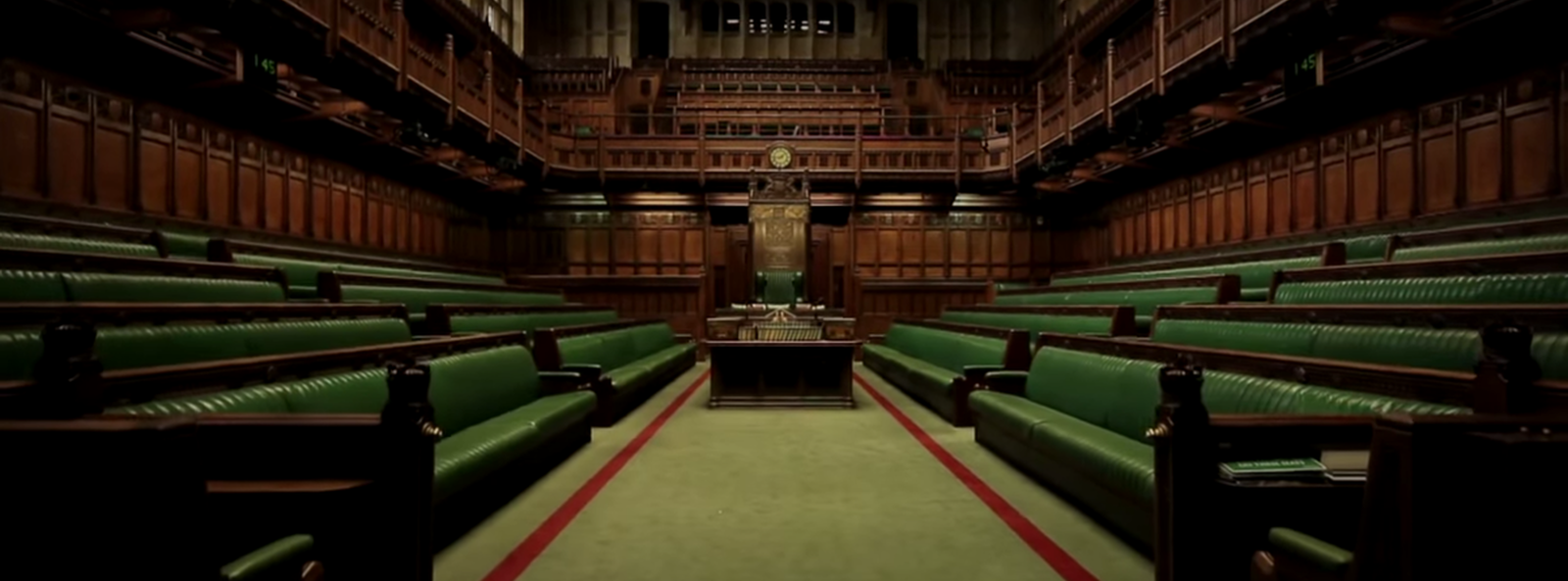The Renters' Reform Bill: proposed changes that landlords should know
- Written by Carl Hewlett
The Renters' (Reform) Bill has finally started its journey through Parliament last week after facing several delays. The Government's proposed changes have been the subject of rumours and speculation for the past five years, but now we have a clear understanding of what changes they intend to make.
The proposed reforms at a glance are:
- End to no-fault evictions
- Easier to evict tenants for anti-social behaviour and repeatedly missing rent payments
- Rent can only be increased once a year - and landlords must give two months' notice
- Landlords must consider all requests to keep pets and can't unreasonably refuse them
- Minimum housing standards for the private sector, meaning accommodation must be free from health and safety hazards and be well-maintained
- Outlawing blanket bans on benefit claimants or people with children
- New ombudsman covering all private landlords, with the power to enforce landlord apologies and compensation of up to £25,000
- An online property portal, where landlords must demonstrate compliance with legal requirements
No more no-fault evictions
The Housing Act 1988 currently allows dwellings to be rented under either a fixed term or periodic tenancy. If the tenancy is periodic, the landlord can serve a section 21 notice, giving the tenant two months to give up possession without explanation. The new bill will now enforce rolling month-to-month tenancies from the outset, with no Section 21 notice available. The grounds for possession listed in Schedule 2 of the HA 1988 have also been revised.
You are permitted to ask tenants to vacate the property if you intend to sell it or move in, except within the first six months. If there are continuous rent arrears accumulating to more than eight weeks, you can also ask them to leave. If they refuse to vacate the property, you must request possession from the court. The Government has promised to digitize and prioritize the court's system to accelerate the process.
Ability to challenge rent increases
The bill states that landlords cannot include rent review clauses in tenancy agreements and must follow a statutory regime instead. Landlords can suggest a new rent once a year and with two months' notice, and the tenant can either accept or dispute it at a tribunal. Tenants can also challenge the current rent at any time, and a tribunal will then decide on the open market rent and apply it, regardless of whether it's higher or lower than the current value.
Landlord database
The bill provides for the creation of a landlord redress system, an ombudsman, and a database setting out details of landlords and properties. Although there are still some details to be confirmed, the main goal is to ensure accountability of landlords and to provide easy access to information for tenants searching for a rental property.
Yes to pets
If a tenant requests to keep a pet, you cannot unreasonably refuse their request. However, you can require them to purchase and maintain pet insurance to cover potential damages caused by the pet.
When will this happen?
The beginning of the legislative process means that the bill can still be changed, so there may be significant modifications. The final date of the bill is uncertain, but it is likely to become law at the beginning of next year. New tenancies will then likely be of the new type six months later, with a further year before existing tenancies are automatically converted.





